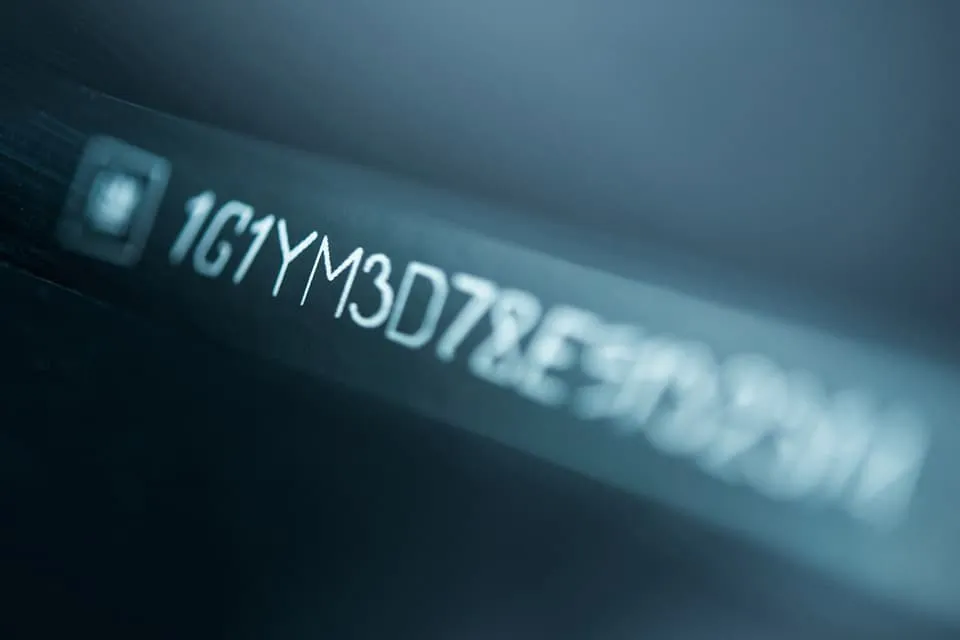Vehicle Identification Numbers (VINs) are crucial for verifying the identity and history of a vehicle. However, VIN swapping—a fraudulent practice where a vehicle’s original VIN is replaced with a different one—poses a significant risk. This type of fraud can lead to substantial financial losses for banks, insurance companies, and dealerships. To combat this, mobile car inspections offer an effective solution, ensuring the integrity of vehicle transactions and protecting investments.
The Impact of VIN Fraud
VIN swapping aims to conceal a vehicle’s true history, such as previous accidents, theft status, or severe damage, by replacing its VIN with one from a less problematic vehicle. This deception not only affects individual buyers but also has broader implications for financial institutions, insurers, and dealerships.
Financial Risks for Stakeholders
Banks: When banks provide loans for vehicles, the accuracy of the VIN is critical. If a loan is issued for a car with a swapped VIN, the bank may struggle to recover its money if the borrower defaults. The true condition and history of the vehicle remain hidden, undermining the bank’s investment.
Insurance Companies: Insurers face increased fraud risks when policies are based on inaccurate VIN information. This can lead to higher claim payouts and operational costs, straining the insurer’s resources.
Dealerships: Selling vehicles with swapped VINs damages a dealership’s reputation and can result in legal troubles. It also undermines customer trust, which is essential for long-term success.
The Role of Mobile Car Inspections
Mobile car inspections offer a proactive approach to detect and prevent VIN fraud. Trained inspectors use advanced tools to perform comprehensive checks, verifying the authenticity of a vehicle’s VIN and examining critical components such as the engine and chassis. This thorough inspection process helps identify any signs of tampering or discrepancies.
Benefits for Banks, Insurance Companies, and Dealerships
1. Risk Reduction:
- Banks: By integrating mobile car inspections into their loan approval process, banks can reduce the risk of financing vehicles with fraudulent VINs, protecting their investments.
- Insurance Companies: Insurers can verify vehicle information before issuing policies, decreasing the likelihood of fraud-related claims and associated costs.
- Dealerships: Dealerships can ensure the vehicles they sell are legitimate, building customer trust and avoiding legal issues.
2. Improved Due Diligence:
- Detailed inspection reports provide accurate assessments of a vehicle’s condition and history, enabling informed decision-making.
- Prioritizing transparency and due diligence helps banks, insurers, and dealerships maintain industry standards and credibility.
3. Cost Savings:
- Although mobile car inspections incur an upfront cost, they prevent more significant financial losses from fraudulent transactions, ultimately saving money.
Conclusion
VIN fraud is a serious threat to the automotive industry, with far-reaching consequences for banks, insurance companies, and dealerships. Mobile car inspections offer an essential line of defense, helping to identify and prevent VIN swapping before it leads to costly outcomes. By adopting mobile inspections, these stakeholders can protect their investments, enhance due diligence, and maintain trust and integrity in their operations.



